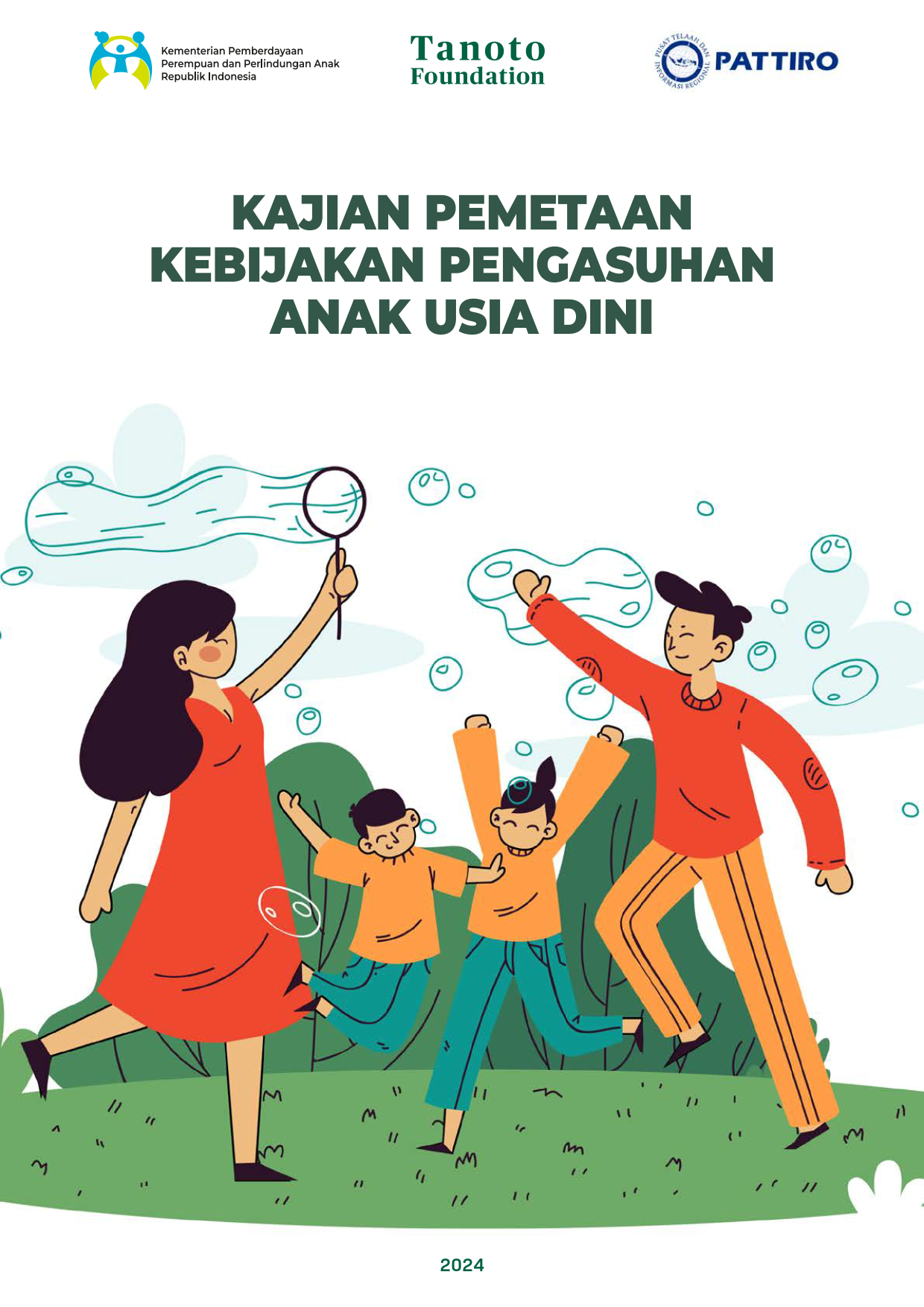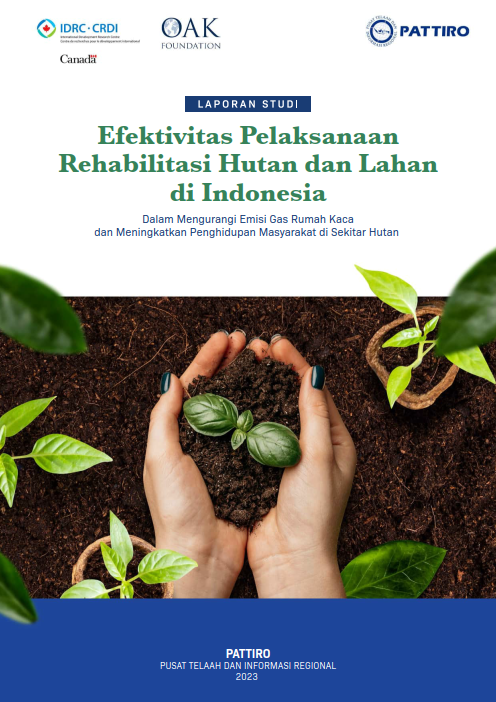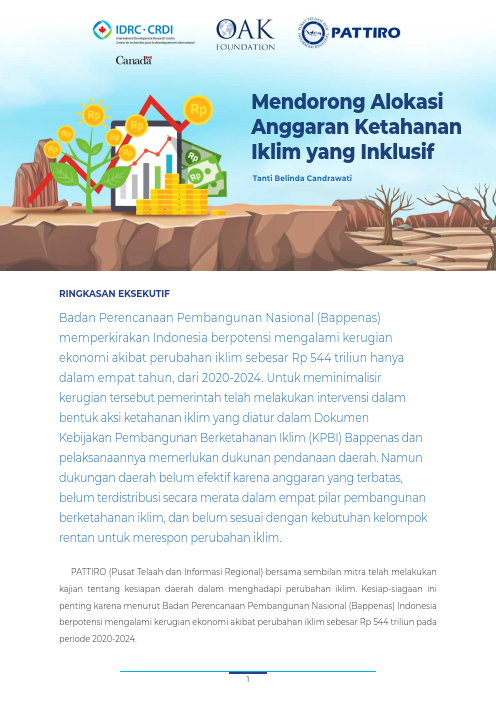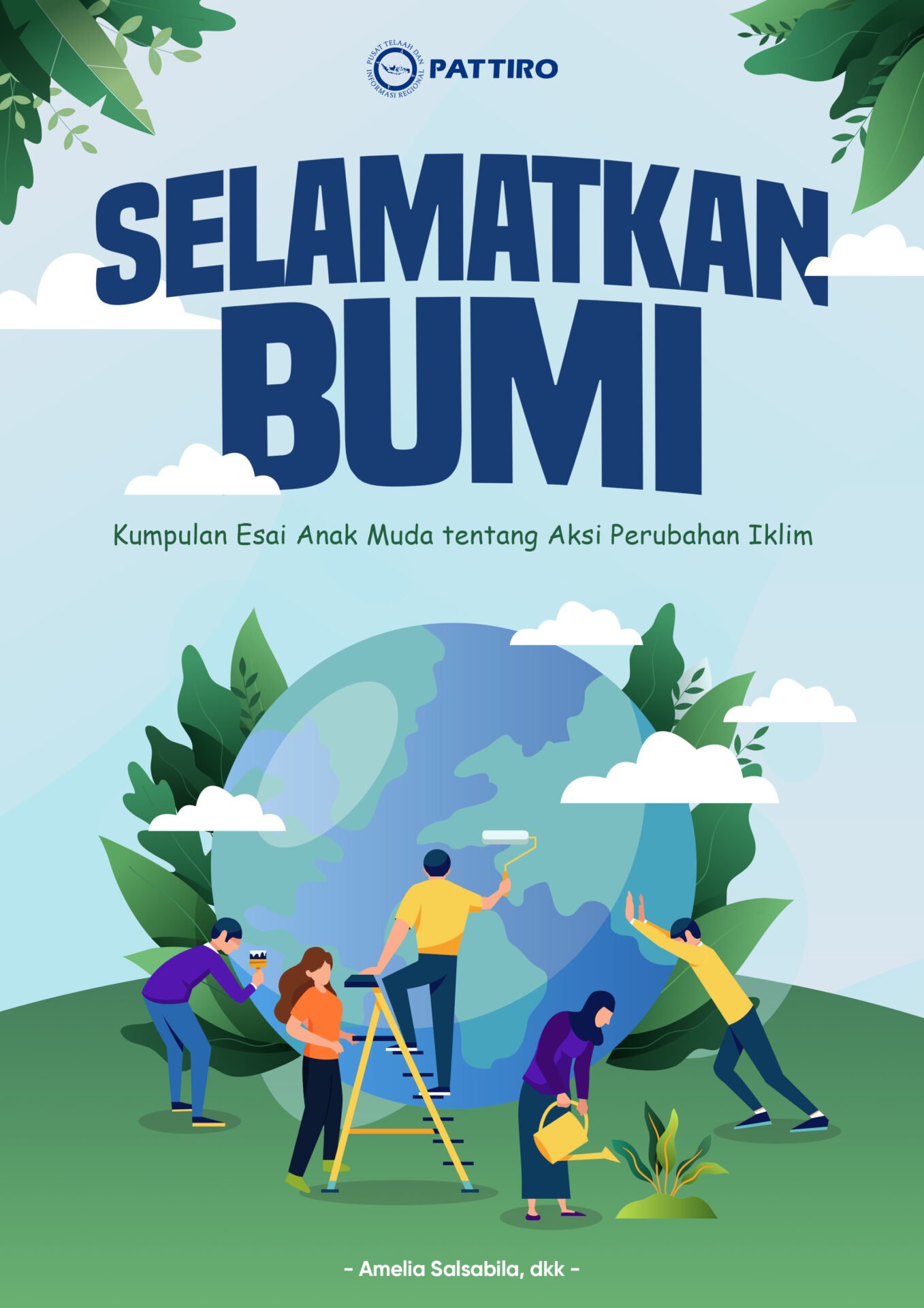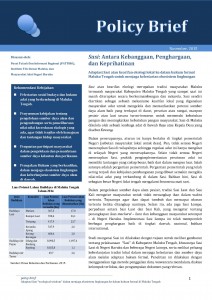 This Policy Brief discusses the adaptation of Sasi or local ecological wisdom into formal law in Central Maluku to preserve the environmental ecosystem.
This Policy Brief discusses the adaptation of Sasi or local ecological wisdom into formal law in Central Maluku to preserve the environmental ecosystem.
Sasi or ecological wisdom is a tradition of the Maluku people, including the people of Central Maluku Regency, which is still implemented continuously and voluntarily. Sasi itself is defined as a local wisdom mechanism used by indigenous communities to manage and utilize the potential of natural resources whether found on land, waterways or rivers, as well as coastal or marine areas from generation to generation to meet food needs and increase community food needs. Sasi in Maluku is managed by a traditional institution under the Raja or Village Head called Kewang.
In its application, this rule only applies at the State government level (the local community's term for villages). Also, not all countries apply Sasi in their territory so this customary regulation is only binding in the territory of the country that applies it. Apart from not all countries implementing Sasi, the practice of implementing these customary regulations has quite big challenges, both from within and without. One of them is a change of government. Frequent changes in government and development policies have increasingly eroded the traditional values contained in Sasi. Even now, Sasi in most traditional countries are experiencing the phenomenon of suspended animation.
In managing coastal natural resources, the Sasi Laut and Sasi Kali traditions regulate people not to fish for a certain time. The goal is for the fish to grow and reach a certain size when caught later. Apart from that, there is also Sasi Lompa, a combination of Sasi Laut and Sasi Kali, which regulates macherel fishing – an icon and pride of the local community – in Negeri Haruku. The implementation of Sasi Lompa has received various awards at regional, national and even international levels.
This study regarding Sasi was carried out with the aim of seeing an overview of the implementation of "Sasi" in Central Maluku Regency, especially Sea Sasi in Haruku Country and several other countries, as well as seeing opportunities for the continuation of local traditions in preserving sustainability and resources. nature through formal legal adaptation. This research was conducted using three data mining methods, in-depth interviews, focus group discussions, and collecting relevant documents.
[__wpdm_package id='12875']

